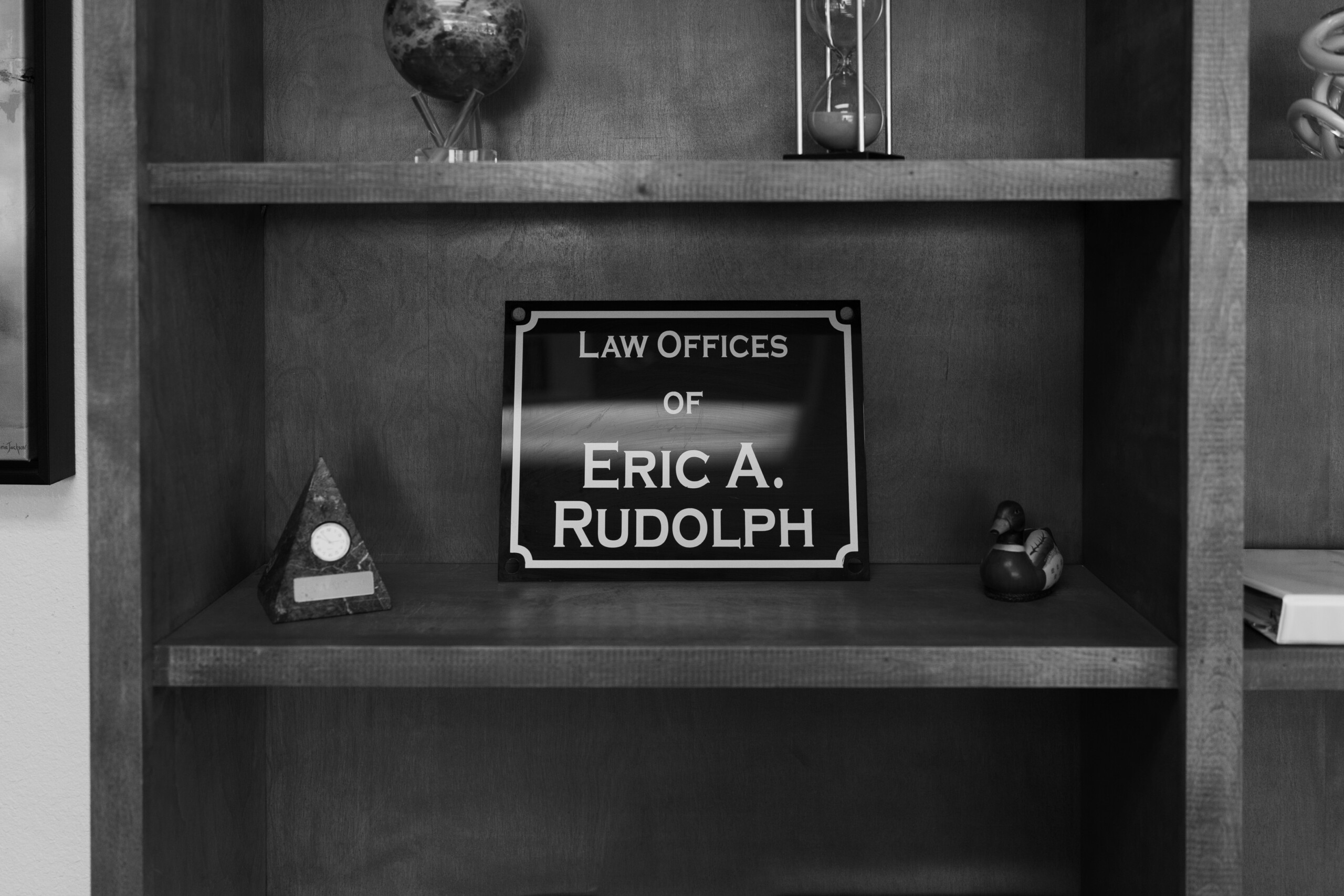I recently had a client we will call John Smith. John is a widower who has three adult children and set up his living trust to provide for and protect his family. One of John’s children, we will call Meagan, is a successful businesswoman and has provided John with two wonderful grandchildren. The other two children are problem children. One of his children, who we will call Richard, is a homeless drug addict. The other child, who we will call Darlene, is married to a man we will call Carl, and Carl has a bad gambling problem.
We set up John’s living trust to leave 1/3 of his estate to Meagan. Meagan will inherit her 1/3 share after John dies with no restrictions. And in the unlikely event Meagan dies before John, we included a provision that her share will go to her two children. If her share goes to her children, they will not receive their inheritance until they reach the age of 25 (except for early distribution for education).
John struggled with leaving 1/3 of his estate to Richard. Richard has been a drug addict for most of his adult life. Richard has also been homeless many times and there have been years that have gone by where John had no idea where Richard was living, or if Richard was even alive. John decided to leave 1/3 of his estate to Richard, but to be held in a trust fund. Richard will never be allowed to control or access the principle of his inheritance. John will designate a professional fiduciary to oversee Richard’s trust fund and there will be conditions for Richard receiving income from his trust fund, such as he must be clean & sober for one year, he must have completed a drug rehab program, and he must be gainfully employed. John was also concerned about what happens to Richard’s share if Richard cannot be located. John decided that John’s trustee would be required to make a good faith effort to locate Richard, but if Richard cannot be located or does not come forward within one year of John’s death, Richard’s 1/3 share of John’s estate will go to Meagan.
That left Darlene, who is married to Carl. John was afraid that if he left Darlene 1/3 of his estate, Carl would get his hands on the money and gamble it all away. John was also afraid Carl would pressure Darlene to give Carl the money from her inheritance. I assured John that under California law Carl is not automatically entitled to a share of Darlene’s inheritance.
Darlene’s share of John’s estate is considered her separate property, and Carl has no automatic right to it. However, if Darlene chooses to share her inheritance with Carl, or Carl forces Darlene to give him her inheritance money, there’s nothing John can do about that from the grave. John decided to create a trust fund for Darlene, but with different restrictions than the trust fund for Richard. Darlene’s trust fund would provide her with income, but she would not be allowed to access the principle of her inheritance as long as she was still married to Carl.
Many of my clients over the years have had problem children. They want to include them in their living trust, but they know that leaving them large sums of money would be a big mistake. It is very important to set up your living trust to make sure you provide for your loved ones, but that you protect your assets from a beneficiary who will likely waste their inheritance, whether that person has a drug addiction or is influenced by a wayward spouse. If you have a child, or a beneficiary, who may have these problems or similar problems, we can help you set up your living trust to protect your assets and protect your loved ones. Contact us today.
Living Trusts and Estate Planning Services
For more information living trusts and estate plans, contact Estate Planning Attorney, Eric A. Rudolph, at (760) 673-7600 or schedule an estate planning consultation.







